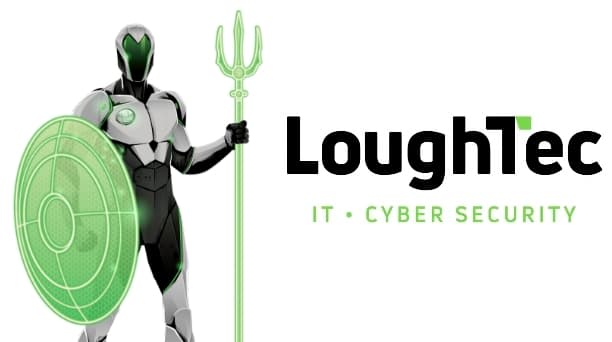Multi Factor Authentication MFA
Page EnquiryMulti-Factor Authentication (MFA) significantly enhances security by requiring multiple forms of verification before granting access to a system or application. Unlike traditional single-factor authentication, which relies solely on passwords, MFA requires at least two out of three types of credentials something you know (e.g., a password), something you have (e.g., a smartphone or security token), and something you are (e.g., fingerprint or facial recognition). This layered approach dramatically reduces the risk of unauthorized access because even if one factor, such as a password, is compromised, an attacker would still need the additional factors to gain entry.
The importance of MFA is enhanced by the increasing prevalence of cyber threats such as phishing, credential stuffing, and brute-force attacks. Cybercriminals often exploit weak or reused passwords to breach systems, leading to data breaches, financial loss, and reputational damage. By implementing MFA, organizations can significantly mitigate these risks. For instance, even if an attacker successfully phishes a user's password, they would still need the second factor, such as a one-time code sent to the user's mobile device, to complete the authentication process. This additional layer of security makes it substantially harder for attackers to succeed, thus protecting sensitive information and maintaining the integrity of systems.
MFA is not only a robust security measure but also a compliance necessity in many industries. Regulations and standards such as the General Data Protection Regulation (GDPR) and the Payment Card Industry Data Security Standard (PCI DSS) increasingly require the implementation of strong authentication mechanisms. By adopting MFA, organizations can ensure they meet these regulatory requirements, avoiding potential fines and legal consequences. Additionally, demonstrating a commitment to robust security practices, such as the use of MFA, can enhance trust and credibility with customers, partners, and stakeholders, thereby supporting overall business resilience and growth.
Multi-Factor Authentication (MFA) is a crucial security measure that enhances the protection of accounts and systems.
MFA Multi Factor Authentication 2FA
Eight key reasons to implement MFA
Enhanced Security
MFA requires multiple forms of verification (e.g., something you know, something you have, something you are) before granting access, making it much harder for unauthorized users to gain access.
Reduced Risk of Identity Theft
By adding additional layers of security, MFA significantly reduces the chances of identity theft and unauthorized access due to stolen or compromised passwords.
Compliance Requirements
Many regulatory standards (e.g., GDPR, HIPAA, PCI DSS) mandate the use of MFA for accessing sensitive data, ensuring that organizations meet legal and industry compliance requirements.
Protection Against Phishing
Even if a user falls victim to a phishing attack and their password is compromised, MFA can prevent the attacker from gaining access without the second form of authentication.
Improved Trust and Reputation
Implementing MFA demonstrates a commitment to security, which can enhance the trust and confidence of customers, partners, and stakeholders in your organization.
Safeguarding Remote Access
With the rise of remote work, MFA provides an essential security layer for employees accessing company resources from various locations and devices, ensuring secure access to corporate networks and data.
Mitigating Credential Stuffing
MFA helps protect against credential stuffing attacks, where attackers use lists of stolen passwords to try and gain access to multiple accounts, as the additional authentication factor is required.
Cost Savings
While implementing MFA involves some initial costs, it can ultimately save organizations money by preventing data breaches, avoiding regulatory fines, and reducing the financial impact of cyber-attacks.







